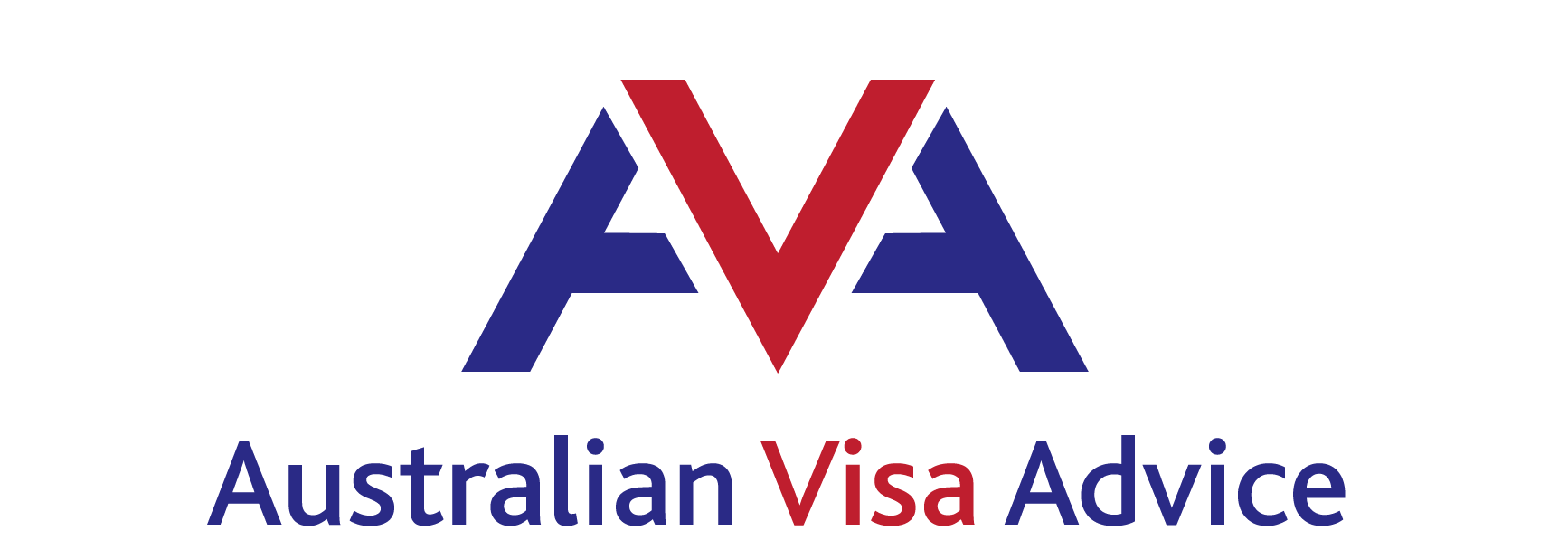Migrating to a new country involves more than just finding a place to live and securing a job; it also requires understanding the financial system. For new immigrants coming to Australia, getting a grasp on banking, superannuation, and taxes is essential for smooth integration into the Australian way of life. This guide aims to provide a basic understanding of these three crucial aspects.
Banking in Australia
Opening a bank account should be one of your first steps upon arriving in Australia. The country boasts a well-developed banking system, with major banks including Commonwealth Bank, Westpac, ANZ, and NAB. These institutions offer a range of services, from everyday transaction accounts to savings accounts, credit cards, and home loans.
To open a bank account, you’ll need identification documents, typically your passport and visa. It’s advisable to open your account within six weeks of arrival, as this allows you to use your passport as your primary form of ID. After this period, you’ll need additional documents, such as a rental agreement or utility bill.
Australian banks offer online and mobile banking services, making it easy to manage your finances, pay bills, and transfer money. Many also have apps to track spending, set savings goals, and even invest in shares. Familiarising yourself with these digital tools can make financial management more convenient.
Superannuation: Your Retirement Savings
Superannuation, commonly referred to as “super,” is the cornerstone of retirement savings in Australia. It’s a compulsory system where employers contribute a portion of your salary (currently 11%) into a superannuation fund. These contributions grow over time and are meant to provide financial security in retirement.
When starting a job, you’ll need to choose a super fund. Many employers have a default fund, but you have the right to choose your own. Factors to consider when selecting a super fund include fees, investment options, and past performance. Popular super funds include Australian Super, Hostplus, and SunSuper.
You can also make voluntary contributions to your super to boost your retirement savings. These contributions may be eligible for tax benefits, such as co-contributions from the government or salary sacrifice arrangements. Monitoring your superannuation regularly is crucial, as it ensures your funds are being managed effectively and are aligned with your retirement goals.
Understanding Taxes
Australia’s tax system can seem complex, but understanding the basics is vital. The Australian Taxation Office (ATO) oversees tax collection, and taxes are generally collected on a “pay-as-you-go” (PAYG) basis, meaning your employer withholds tax from your salary and sends it to the ATO.
Upon starting a job, you’ll need to provide your Tax File Number (TFN) to your employer. A TFN is a unique number issued by the ATO that identifies you for tax purposes. Applying for a TFN can be done online or through an Australia Post office.
The income tax rates in Australia are progressive, meaning higher income earners pay a higher percentage of their income in tax. Deductions and offsets can reduce your taxable income, so it’s worthwhile to keep records of work-related expenses. Common deductions include travel expenses, uniforms, and work-related training.
Each year, you must lodge a tax return, typically due by October 31st. This process involves reporting your income, claiming deductions, and calculating whether you owe additional tax or are entitled to a refund. Many people use tax agents or accountants to assist with their tax returns, although the ATO provides online resources and tools for those who prefer to do it themselves.
Conclusion
Navigating the financial landscape in Australia as an immigrant might seem daunting at first, but understanding the basics of banking, superannuation, and taxes can significantly ease the transition. Opening a bank account, choosing the right superannuation fund, and familiarising yourself with the tax system are essential steps to ensure financial stability and peace of mind in your new home. With these fundamentals in place, you can confidently build your future in Australia.

